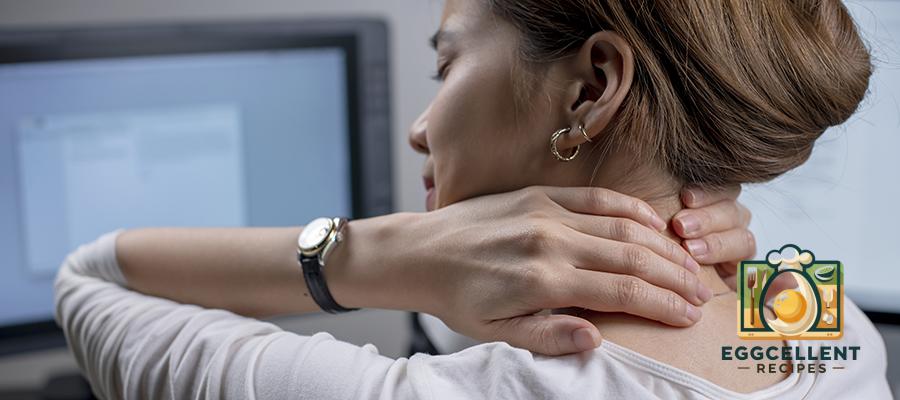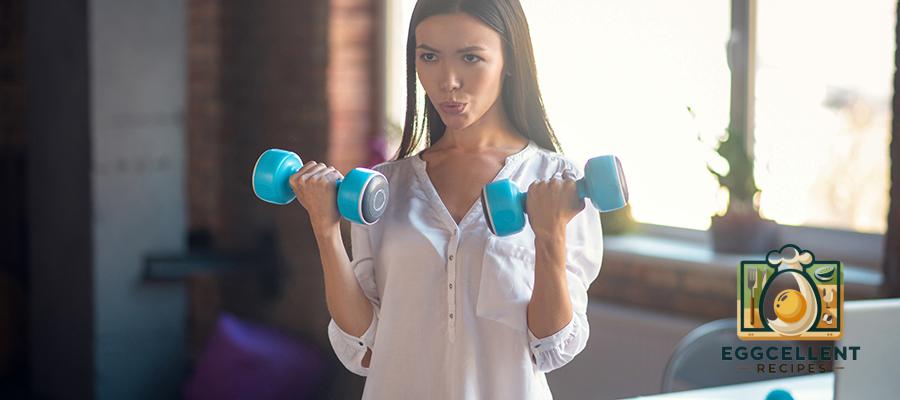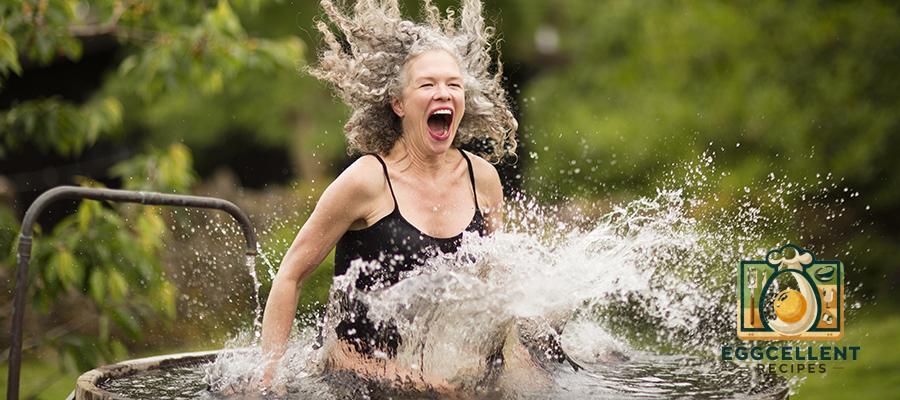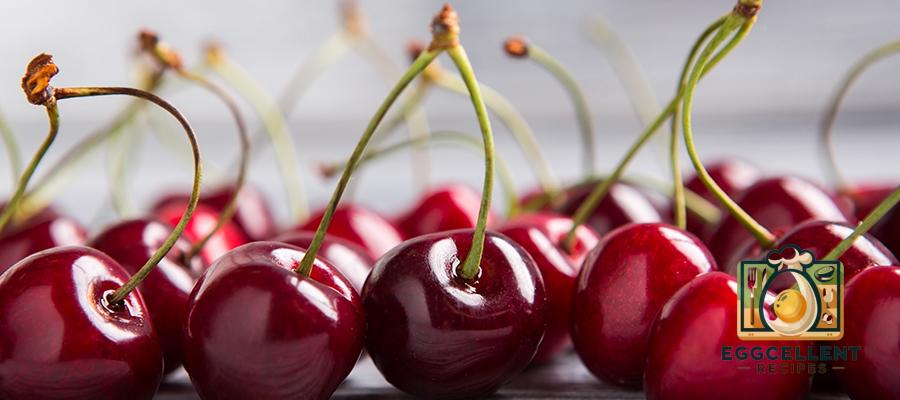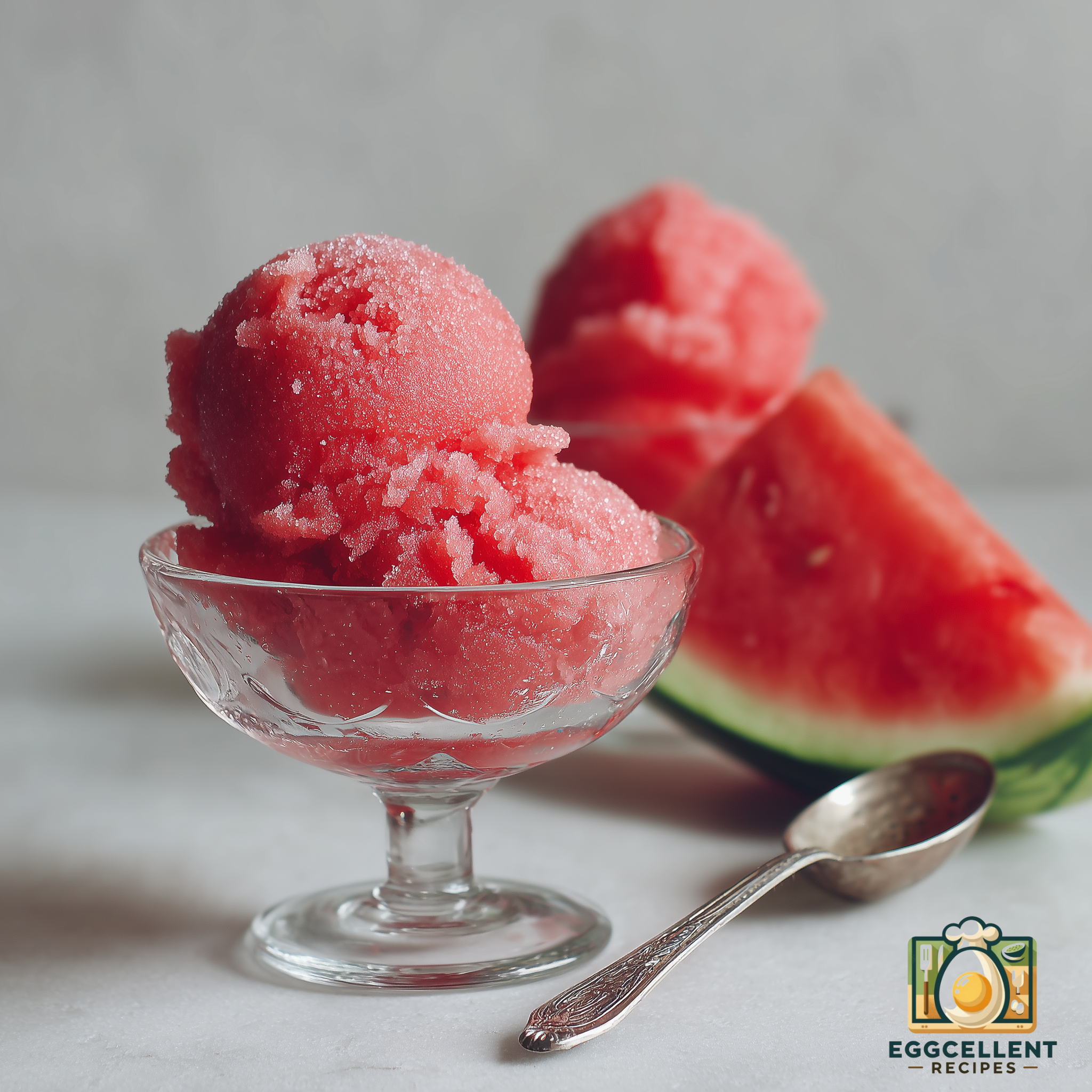Overview
Why boiling eggs perfectly is important
Boiling eggs perfectly is important for several reasons. Firstly, a perfectly boiled egg has a deliciously creamy yolk that is neither undercooked nor overcooked. This is crucial for enjoying the full flavor and texture of the egg. Secondly, a perfectly boiled egg is easier to peel, which can be a frustrating task when dealing with undercooked or overcooked eggs. Lastly, boiling eggs perfectly ensures that they are cooked to a safe temperature, reducing the risk of foodborne illnesses. Overall, mastering the art of boiling eggs perfectly is essential for achieving the best taste, texture, and safety when enjoying this versatile ingredient.
Common mistakes when boiling eggs
When it comes to boiling eggs, there are several common mistakes that many people make. One of the most common mistakes is not using enough water. It’s important to make sure the eggs are fully submerged in water to ensure even cooking. Another mistake is boiling the eggs for too long or not long enough. The perfect boiled egg requires precise timing. Overcooking can result in a dry and rubbery texture, while undercooking can lead to a runny yolk. Lastly, some people forget to cool the eggs properly after boiling. Placing the eggs in an ice bath or running them under cold water helps stop the cooking process and makes them easier to peel. By avoiding these common mistakes, you can achieve perfectly boiled eggs every time.
Benefits of perfectly boiled eggs
Perfectly boiled eggs offer numerous benefits. Firstly, they are a great source of protein, which is essential for muscle growth and repair. Additionally, they are low in calories and can help with weight management. Boiled eggs are also rich in vitamins and minerals, such as vitamin B12, vitamin D, and selenium, which are important for overall health. Moreover, they are quick and easy to prepare, making them a convenient option for a healthy snack or meal. Lastly, perfectly boiled eggs can be enjoyed in various ways, whether it’s as a standalone snack, added to salads, or used in recipes. With all these benefits, it’s no wonder why perfectly boiled eggs are a popular choice for many people.
Choosing the Right Eggs
Freshness matters
When it comes to boiling eggs, freshness matters. The freshness of an egg can greatly affect the outcome of your boiled egg. Fresh eggs have firmer whites and yolks, making them easier to peel and resulting in a more visually appealing boiled egg. On the other hand, older eggs tend to have looser whites and yolks, which can lead to a messier peeling process and a less attractive final product. Therefore, it is important to use fresh eggs when boiling to ensure the best results.
Size of the eggs
The size of the eggs plays a crucial role in achieving the perfect boiled egg. Different sizes of eggs require different cooking times to achieve the desired level of doneness. For example, small eggs may need less time to cook compared to large eggs. It is important to consider the size of the eggs when boiling them to ensure they are cooked evenly and to your preference. Additionally, the size of the eggs can also affect the texture and taste of the boiled egg. Smaller eggs tend to have a softer texture, while larger eggs may have a firmer texture. Therefore, it is recommended to choose the appropriate size of eggs based on your personal preference and the desired outcome of the boiled egg.
Organic vs. conventional eggs
When it comes to choosing eggs, one of the main decisions you may face is whether to go with organic or conventional options. Organic eggs are produced by hens that have been raised on organic feed and have had access to outdoor spaces. These eggs are free from antibiotics, hormones, and pesticides. On the other hand, conventional eggs are produced by hens that are typically raised in cages and fed a diet that may contain antibiotics and hormones. While both types of eggs can be nutritious and delicious, many people opt for organic eggs due to their perceived health benefits and more sustainable production practices. Ultimately, the choice between organic and conventional eggs depends on your personal preferences and values.
Preparing the Eggs
Room temperature eggs
When it comes to boiling eggs, starting with room temperature eggs is key. Room temperature eggs are easier to peel and less likely to crack during cooking. To bring eggs to room temperature, simply remove them from the refrigerator about 30 minutes before boiling. This allows the eggs to warm up gradually and ensures even cooking throughout.
Piercing the eggs
Piercing the eggs is an important step in boiling them perfectly every time. By gently poking a small hole in the rounded end of the egg with a pin or needle, you allow steam to escape during the boiling process. This prevents the eggs from cracking and helps achieve a perfectly cooked yolk and firm whites. Piercing the eggs before boiling also makes them easier to peel once they are cooked. Make sure to pierce the eggs just before placing them in the boiling water for the best results.
Adding salt to the water
Adding salt to the water when boiling eggs is a common practice that many people swear by. The salt not only enhances the flavor of the eggs but also helps to prevent them from cracking. When you add salt to the water, it increases the boiling point and creates a more stable environment for the eggs to cook in. Additionally, the salt helps to make the eggs easier to peel after they are boiled. To add salt to the water, simply measure out the desired amount and stir it into the water before adding the eggs. It is recommended to use about 1 teaspoon of salt for every quart of water. So next time you’re boiling eggs, don’t forget to add a pinch of salt to the water for perfectly cooked and easy-to-peel eggs!
Boiling the Eggs
Using a saucepan
To boil an egg using a saucepan, start by filling the saucepan with enough water to cover the eggs. Place the saucepan on the stove and turn the heat to high. Once the water starts boiling, carefully add the eggs using a spoon or tongs. Reduce the heat to medium-low and let the eggs simmer for about 4-6 minutes for soft-boiled eggs or 8-12 minutes for hard-boiled eggs, depending on your preference. After the desired cooking time, remove the eggs from the saucepan and place them in a bowl of ice water to cool and stop the cooking process. Once cooled, you can peel the eggs and enjoy them as desired.
Timing the boiling process
To achieve the perfect boiled egg, timing is crucial. The key to getting the yolk cooked just right and the white firm but not rubbery is to carefully time the boiling process. Overcooking can result in a dry and chalky yolk, while undercooking can leave the white runny and the yolk too soft. To ensure the ideal texture, it is recommended to boil large eggs for about 9-12 minutes, medium eggs for 7-9 minutes, and small eggs for 6-7 minutes. However, the exact timing may vary depending on factors such as the altitude and the desired level of doneness. It is best to experiment and adjust the cooking time to suit your preferences. Remember to use a timer and monitor the eggs closely to avoid over or undercooking.
Adding vinegar to prevent cracking
Adding vinegar to the boiling water is a great trick to prevent eggs from cracking while boiling. The acetic acid in vinegar helps to strengthen the eggshell, making it less prone to cracking. Simply add a small amount of vinegar to the water before boiling the eggs. This simple step can make a big difference in achieving perfectly boiled eggs every time.
Checking for Doneness
Using the spoon test
The spoon test is a simple yet effective method to determine the doneness of a boiled egg. To perform the spoon test, gently tap the boiled egg with a spoon. If the egg feels solid and the shell does not crack, it is cooked to perfection. However, if the egg feels slightly soft or wobbly, it needs more cooking time. The spoon test is a reliable way to ensure that your boiled eggs are cooked just the way you like them, whether you prefer a soft-boiled, medium-boiled, or hard-boiled egg.
Peeling the eggs
Peeling the eggs is an important step in the process of making delicious egg recipes. It can be a bit tricky at times, but with the right technique, you can easily achieve perfectly peeled eggs. One helpful tip is to gently tap the boiled egg on a hard surface to create cracks all around the shell. Then, start peeling from the wider end of the egg, as it usually has an air pocket that makes peeling easier. Another useful trick is to peel the eggs under running water, as it helps to remove any stubborn bits of shell. By following these tips, you’ll be able to peel your eggs effortlessly and enjoy your favorite egg recipes without any hassle.
Checking the yolk consistency
To ensure the perfect yolk consistency, it is important to follow these steps. First, gently tap the boiled egg on a hard surface to crack the shell. Then, carefully peel off the shell, making sure not to damage the egg white. Next, slice the egg in half to reveal the yolk. The yolk should be firm but slightly runny in the center for a perfectly boiled egg. If the yolk is too runny, cook the egg for an additional minute. On the other hand, if the yolk is too firm, reduce the cooking time by a minute. By checking the yolk consistency, you can achieve the perfect boiled egg every time.
Conclusion
Enjoying perfectly boiled eggs
Enjoying perfectly boiled eggs is a simple pleasure that can be savored in many ways. Whether you prefer them sliced on toast, mashed into a creamy egg salad, or simply sprinkled with salt and pepper, the key is to cook them just right. A perfectly boiled egg should have a tender white and a creamy, golden yolk that is neither undercooked nor overcooked. Achieving this balance requires careful timing and attention to detail. By following these tips and tricks, you can enjoy perfectly boiled eggs every time.
Experimenting with different cooking times
Boiling an egg to perfection requires experimenting with different cooking times. The cooking time can vary depending on the desired consistency of the yolk. For a soft-boiled egg with a runny yolk, a cooking time of 4-5 minutes is recommended. If you prefer a medium-boiled egg with a slightly firm yolk, a cooking time of 6-7 minutes is ideal. For a hard-boiled egg with a fully set yolk, a cooking time of 9-12 minutes is recommended. By trying out different cooking times, you can find the perfect balance between a runny yolk and a fully cooked white for your boiled eggs.
Sharing your egg boiling tips
Boiling an egg perfectly can be a challenge, but with the right tips and tricks, you can achieve consistent results every time. When it comes to sharing your egg boiling tips, it’s important to consider the cooking time, water temperature, and egg freshness. One tip is to use a timer to ensure you don’t overcook or undercook the eggs. Another tip is to start with room temperature eggs, as they are less likely to crack during cooking. Additionally, adding a pinch of salt to the water can help make the eggs easier to peel. By following these simple tips, you can share your egg boiling expertise and help others achieve perfectly boiled eggs.

